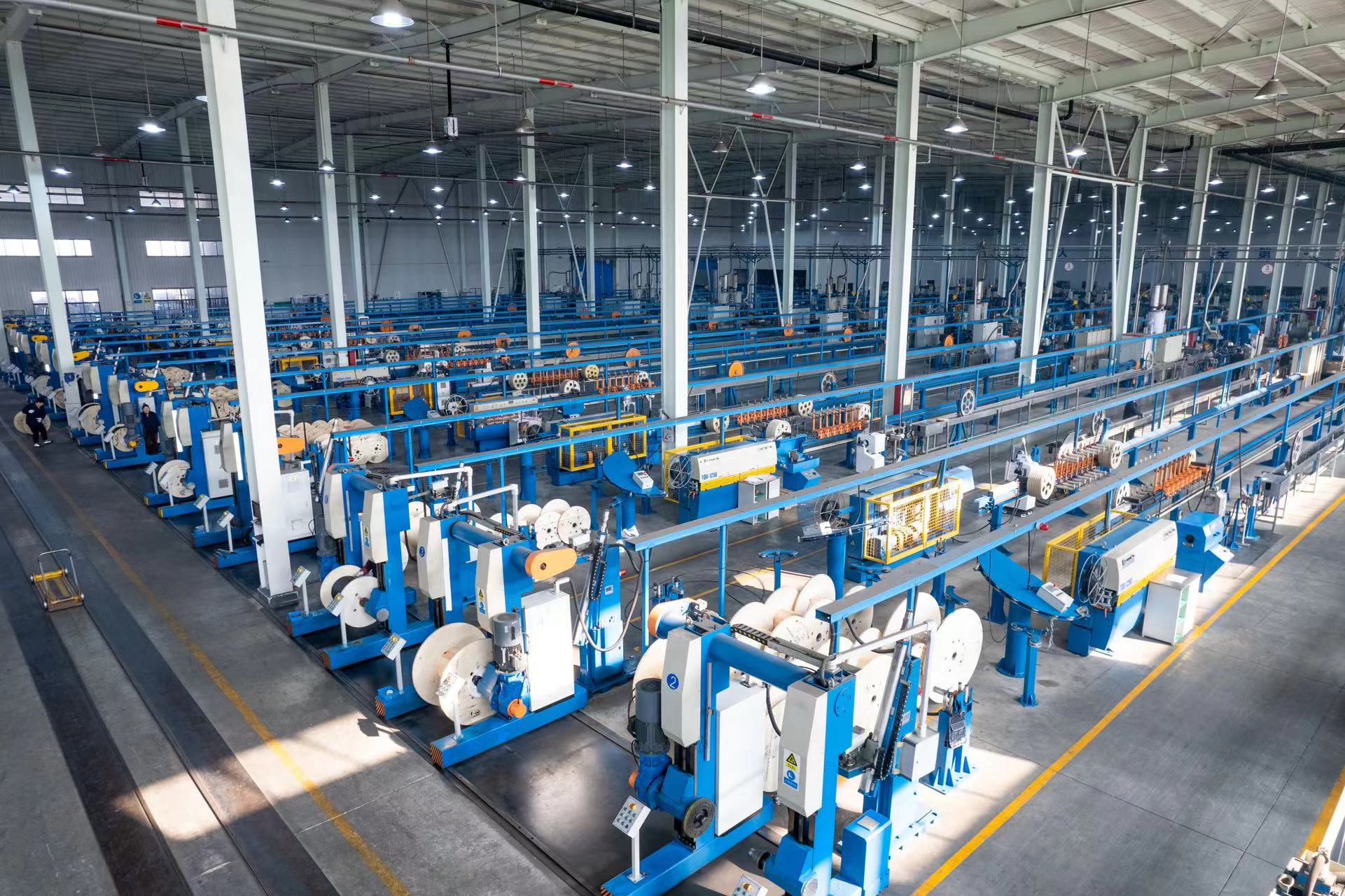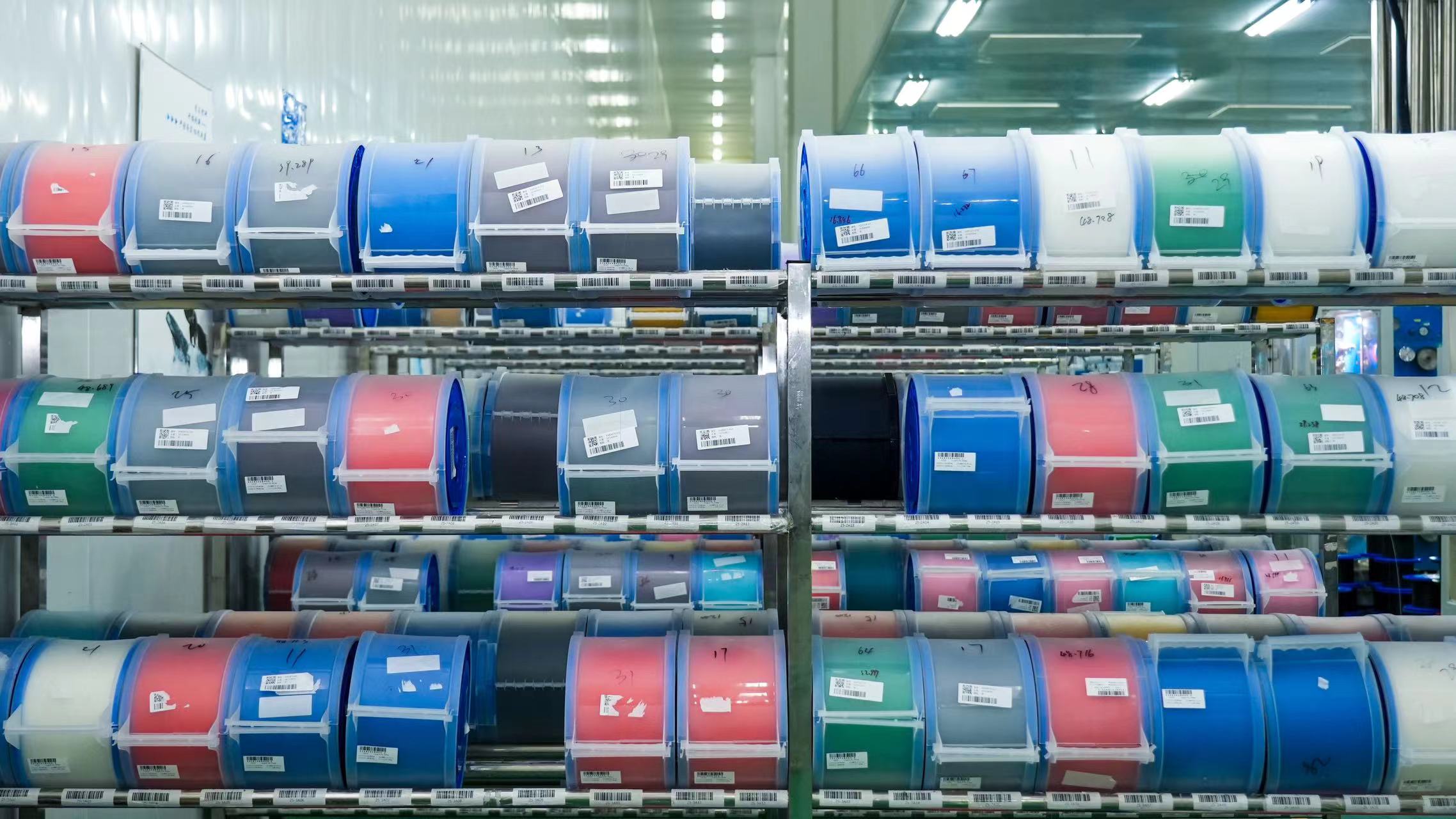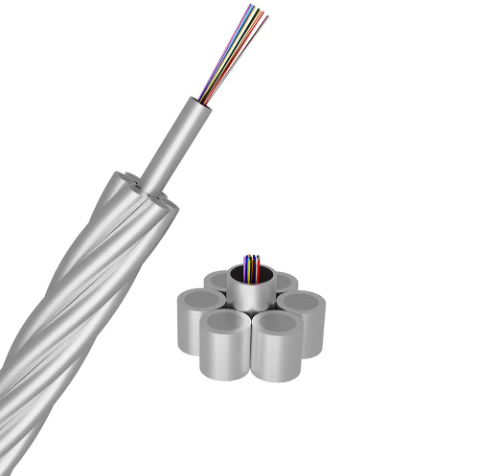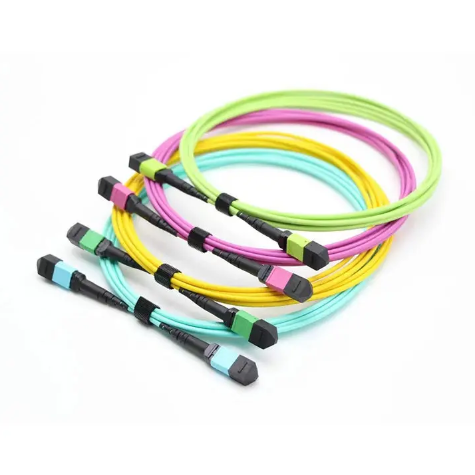High-speed, reliable data transfer has arguably become part of our daily routine in this fast-moving digital world. The fiber optic cables have evolved as the backbones of the modern communication networks-enabling lightning-fast internet, seamless video streaming, and efficient data transfer. With more reliance on technology taking place, the seriousness related to the environment along with advancement in technology is to be considered. This is where eco-friendly fiber optics comes into play, offering a sustainable solution that balances technological advancement with environmental responsibility.
Understanding Eco-Friendly Fiber Optics
Eco-friendly fiber optics, also known as green fiber optics, is a technology that prioritizes environmental sustainability throughout its entire lifecycle - from design and manufacturing to deployment and recycling. This innovative approach not only offers the high-performance advantages of traditional optic cables but also contributes to environmental protection and sustainable development.

The Need for Sustainable Solutions
As the world becomes increasingly digitalized, the demand for robust and efficient communication networks has never been higher. However, the traditional fiber optic industry has been associated with significant environmental challenges, including energy consumption, resource depletion, and waste generation.Recognizing these concerns, forward-thinking companies like Oyi International Ltd. have stepped up to pioneer eco-friendly solutions that meet the growing demand for data transmission while minimizing the environmental impact.
Reducing Energy Consumption
One of the key advantages of eco-friendly fiber optics is its ability to reduce energy consumption significantly. Traditional fiber optic networks rely on energy-intensive equipment and processes, contributing to a substantial carbon footprint. Eco-friendly optic cables, on the other hand, are designed to be energy-efficient, utilizing innovative materials and manufacturing techniques that require less energy.
Minimizing Environmental Pollution
The production and disposal of traditional optic cables can lead to various forms of environmental pollution, including air and water contamination. Eco-friendly fiber optics address this issue by employing sustainable materials and adhering to strict environmental regulations throughout the manufacturing process. Additionally, these cables are designed for easy recycling, minimizing waste and promoting a circular economy.
Improving Resource Utilization
Conventional fiber optic technology often relies on non-renewable resources, contributing to resource depletion and environmental degradation. Eco-friendly optic cables, however, prioritize the use of renewable and recycled materials, reducing the strain on natural resources and promoting sustainable practices.

Eco-Friendly Optic Cables: Leading the Way
At the forefront of this eco-friendly revolution are innovative products such as optic cables, OPGW (Optical Ground Wire) cables, and MPO (Multi-fiber Push On) cables. These cutting-edge solutions not only meet the highest performance standards but also exemplify the principles of environmental sustainability.
Eco-friendly OPGW Cable
In power transmission, the Optical Ground Wire (OPGW) cable plays a crucial role in ensuring reliable communication and monitoring systems. Eco-friendly OPGW cables are designed to be environmentally friendly while providing robust and secure data transmission capabilities. These cables utilize sustainable materials and are manufactured using energy-efficient processes, reducing their carbon footprint. Additionally, eco-friendly OPGW cables are often designed for easy maintenance and repair, extending their lifespan and minimizing the need for frequent replacements, which further reduces waste generation.
Eco-friendly MPO Cable
The Multi-fiber Push On (MPO) cable is a high-density fiber optic cable widely used in data centers, telecommunication networks, and other high-bandwidth applications. Eco-friendly MPO cables are engineered to meet the growing demand for efficient and sustainable data transmission solutions. These cables incorporate innovative features such as reduced material usage, improved thermal management, and optimized cable design. By minimizing material waste and enhancing energy efficiency, eco-friendly MPO cables contribute to a more sustainable data infrastructure while delivering exceptional performance.


The Future of Eco-friendly Fiber Optics
The future of eco-friendly fiber optics is bright, with continued research and development efforts focused on improving sustainability, performance, and cost-effectiveness. Emerging technologies, such as advanced materials and manufacturing processes, hold the potential to further enhance the eco-friendliness of fiber optic solutions.
As consumer demand for sustainable products grows and regulatory frameworks emphasize environmental responsibility, eco-friendly fiber optics are poised to become the industry standard. By embracing these innovative technologies, businesses and individuals can contribute to a more sustainable digital ecosystem while enjoying the benefits of high-speed and reliable data transmission.
Eco-friendly fiber optics represent a vital step towards a more sustainable future. By integrating environmental considerations into the design, manufacturing, use, and recycling of optical fiber technology, companies like OYI are helping to reduce energy consumption, lower environmental pollution, and enhance resource utilization. As the demand for high-speed data communication continues to grow, the adoption of eco-friendly fiber optics will be essential in promoting sustainable development and ensuring a greener, more connected world.

 0755-23179541
0755-23179541  sales@oyii.net
sales@oyii.net
